Mavericks forced to reinstate pre-game playing of national anthem, mandatory patriotism prevails
Kerry Rhodes of the New York Jets carries an American Flag on to the field during pre-game introductions in 2009. The issue of mandatory patriotism and playing the national anthem before games has become a hotly discussed topic in recent years.
The Dallas Mavericks became the first team in any professional American sports league to stop playing the “Star Spangled Banner” before games. Mavericks owner, Mark Cuban, explained how they enacted the policy so people could “hear the voices of those who do not feel the anthem represents them. We feel they also need to be respected and heard, because they have not been heard,” he said. Now, in compliance with NBA regulations, the Mavericks have reinstated the playing of the national anthem.
The national anthem was written during the War of 1812 by Francis Scott Key, a southerner and slave owner. The third verse of the national anthem explicitly mentions slaves; “No refuge could save the hireling and slave from the terror of flight, or the gloom of the grave.” The anthem is no doubt hypocritical, proclaiming the newly founded United States as the “land of the free” despite the millions enslaved there. The anthem has been criticized as “compulsory patriotism,” forced upon an unwilling crowd, some of whom feel that it fails to represent them.
The national anthem was first played at sporting events during the Civil War as a way to instill national pride in Union troops. Ironically, the poem became the rallying cry of the Union in the war against slavery. Then, in World War One, the anthem became a regular fixture in sporting events, and was officially adopted as the national anthem in 1931.
The anthem was not the center of a major controversy until NFL quarterback Colin Kaepernick decided to remain seated for its duration in 2016. Kaepernick explained his decision: “I am not going to stand up to show pride in a flag for a country that oppresses black people and people of color.”
Nate Boyer, a veteran and long snapper for the Seattle Seahawks, was angry about Kaepernick’s decision but decided to open a dialogue with him. With Boyer’s help, Kaepernick made the decision to kneel instead of sit. Boyer explained why they decided Kaepernick should kneel: “Taking a knee, honestly, is a sign of respect…I saw that image, while still getting his point across, much more respectful.”
Boyer may have disagreed with the way Kaepernick chose to protest, but he agreed with the sentiment; “kneeling during the anthem was a mechanism to raise that attention and to get those voices heard…it’s not about disrespecting the flag or disrespecting the military.”
Ultimately, the national anthem will most likely be played at sporting events for the foreseeable future and has become a distraction from real issues, such as the struggles faced by communities of color during the COVID-19 pandemic. For example, those in black communities were 4.7 times more likely to be hospitalized, all while the black unemployment rate grew to 16.7% compared to the white unemployment rate, which rose to 14.2%.
A Morning Consult poll showed that 76% of Americans supported playing the national anthem before professional sports games. Therefore, doing away with the national anthem has the potential to alienate people more than anything else. In Europe, they approach sport and social justice in a completely different way. FIFA has implemented a Say No To Racism campaign that is aimed towards raising awareness about racism. The English Premier league instituted the Rainbow Laces campaign to spread awareness about LGBTQ+ issues while also instituting their own No Room for Racism campaign. The U.S. should follow suit here, as the national anthem controversy is only but a symptom of the problems in America.

My name is Milo Cortese, and I am a double major in American History and Political Science. I am a senior graduating in the Spring 2022 and plan to...


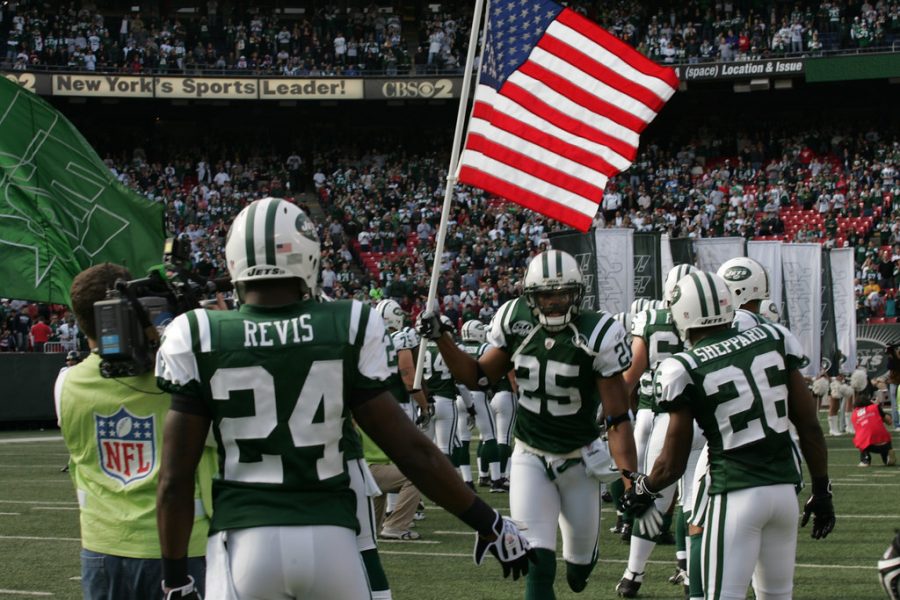
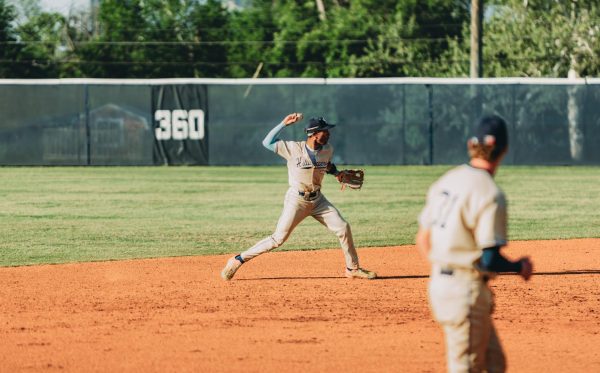
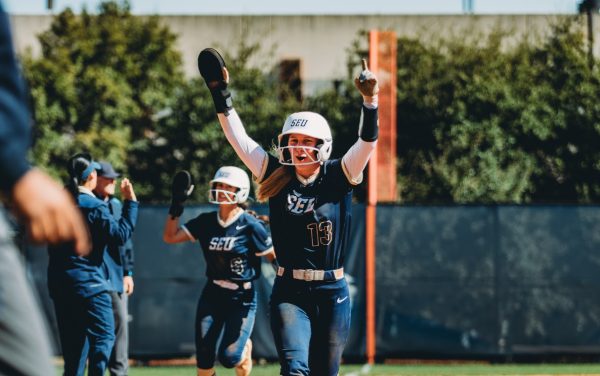

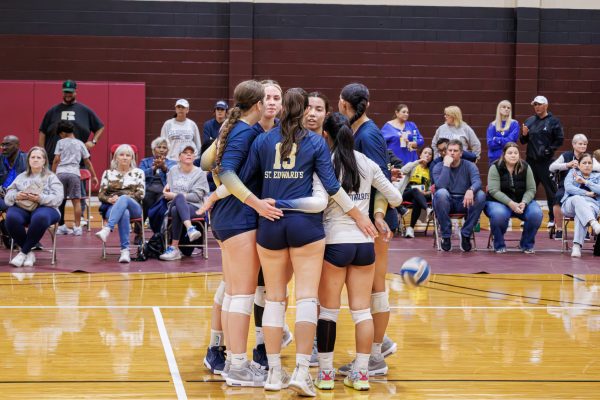
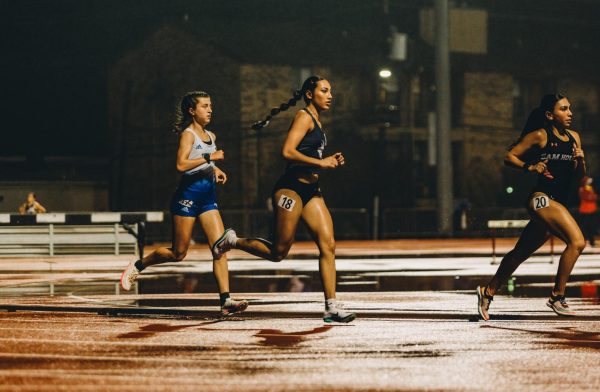
Scarlet • Mar 4, 2021 at 8:52 pm
Such an insightful piece!